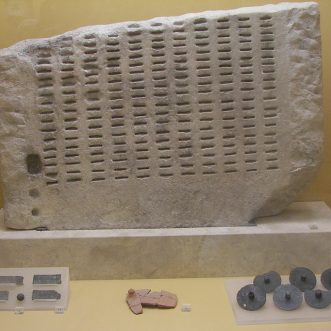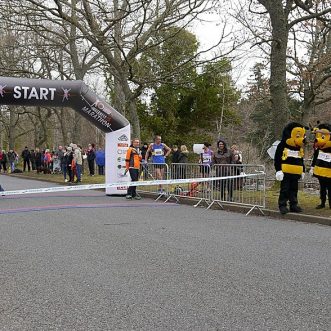
The best of both worlds
Big businesses (or perhaps just their shareholders) crave nothing more than the certainty of increasing profits. That’s what capitalism means.
To that end, they put a hard boundary around their businesses, turning them into closed systems, where everything is rigidly controlled, organised to maximise profit and nothing else.
The trouble is that a closed system cannot learn. So when the life around that business changes (as it certainly will) the only way for a closed-system business to deliver the certainty it promises to shareholders is first, to eat itself, generating ‘shareholder value’ by shrivelling it’s own organs, or selling them; or, worse, to seek to impose control onto its surroundings, turning them as rigid and sterile as itself.
Good businesses, the ones that get to stay big and profitable without financial or geopolitical engineering, are those that put a border around themselves instead.
Borders are permeable. They allow new ideas in, act as an early warning system for change, create a safe space for experimentation. They turn a closed system into an open one, yet retain enough control to allow a business to choose which changes they adopt, on purpose.
The best businesses add a twist to this.
They create themselves as an open system for making and keeping promises – not to shareholders, but to their customers. Profits become a side-effect of the system’s purpose. And ironically, become more certain.
They stick to their promise, always learning from their customers and their team what the world outside wants, and re-package their promise to meet that demand, adjusting the way the share and keep it along the way.
Great businesses constantly balance order with openness to get the best of both worlds, a business that can thrive forever, whatever the circumstances.

Discipline makes Daring possible.









